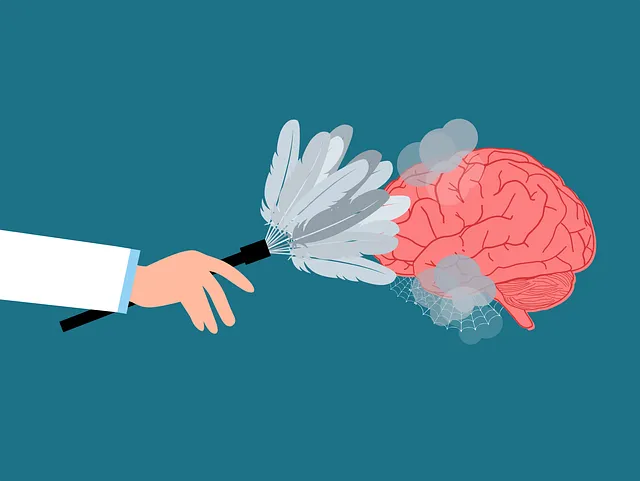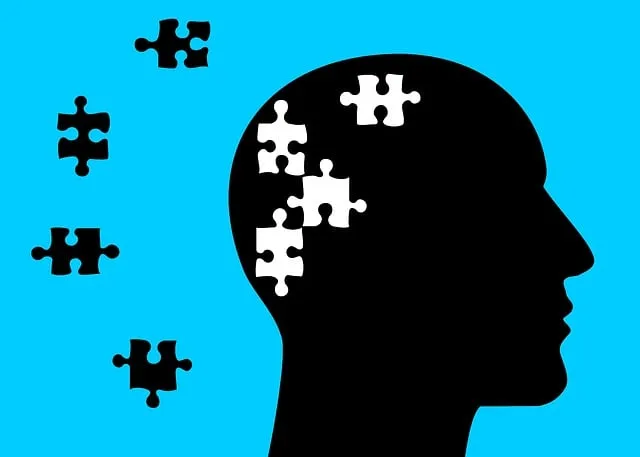Coping skills are vital for navigating life's stresses and maintaining mental well-being, particularly with support from programs like Littleton Kaiser Permanente mental health coverage. This program offers affordable therapy, medication management, crisis intervention, and mindfulness meditation to reduce anxiety and depression. By cultivating these skills, individuals become more resilient, better equipped to handle challenges such as work-life balance or chronic conditions. Research shows that regular meditation and physical activity significantly enhance coping abilities, leading to improved quality of life and emotional resilience. Littleton Kaiser Permanente's comprehensive approach benefits both patients and healthcare professionals through risk management and consistent high-quality care.
Coping skills are essential tools for navigating life’s challenges and maintaining mental well-being. This article explores the significance of these skills, focusing on their role in managing stress and adversity. We delve into how the comprehensive mental health coverage offered by Littleton Kaiser Permanente equips individuals with effective coping strategies. Through practical techniques and insights, readers will discover ways to enhance resilience and promote a healthier mind. Understanding and developing coping skills can significantly improve overall quality of life.
- Understanding Coping Skills and Their Significance in Mental Well-being
- The Role of Littleton Kaiser Permanente Mental Health Coverage in Promoting Coping Strategies
- Practical Techniques for Developing Effective Coping Skills
Understanding Coping Skills and Their Significance in Mental Well-being

Coping skills are the strategies we use to navigate life’s challenges and maintain mental well-being. They include managing stress, regulating emotions, and problem-solving effectively. Developing strong coping skills is crucial for everyone, but they’re especially vital for those under stress, like folks covered by Littleton Kaiser Permanente mental health coverage. When individuals possess robust coping mechanisms, they can better handle difficult situations, whether it’s balancing work and personal life, managing a chronic condition, or dealing with a crisis.
Understanding the importance of these skills is key to improving overall mental health. Practices such as mindfulness meditation have been shown to significantly enhance coping abilities, reducing symptoms of anxiety and depression. Crisis intervention guidance and burnout prevention programs also play a crucial role in teaching individuals effective strategies for managing stress and adversity. By investing time and effort into developing these skills, people can lead more fulfilling lives, resilient against the challenges that inevitably arise.
The Role of Littleton Kaiser Permanente Mental Health Coverage in Promoting Coping Strategies

The Littleton Kaiser Permanente mental health coverage plays a pivotal role in promoting coping strategies by providing access to comprehensive and affordable mental healthcare services. This coverage encourages individuals to seek support for their emotional well-being, thereby fostering Mental Health Awareness. Through regular therapy sessions and medication management, if needed, patients can develop effective coping mechanisms to manage stress, anxiety, and other mental health challenges. By integrating these strategies into daily life, individuals gain better control over their emotions, leading to enhanced resilience and improved overall quality of life.
Moreover, the Littleton Kaiser Permanente approach goes beyond individual care by promoting risk management planning for mental health professionals. This proactive stance ensures that healthcare providers are equipped with the latest tools and resources to support not only their patients but also themselves. By prioritizing mental well-being within the professional community, these coverage plans contribute to better Anxiety Relief among healthcare workers, allowing them to deliver high-quality care consistently.
Practical Techniques for Developing Effective Coping Skills

Developing effective coping skills is a vital aspect of maintaining mental wellness, and various practical techniques can help individuals navigate life’s challenges. One powerful method is mindfulness meditation, which encourages staying present in the moment, thereby reducing anxiety and stress. This ancient practice allows one to observe thoughts and emotions without judgment, fostering a sense of calm. Incorporating regular meditation sessions, even for short periods, into daily routines can significantly enhance one’s ability to cope with life’s pressures, as supported by research from Littleton Kaiser Permanente mental health coverage.
Additionally, engaging in physical activity is an excellent stress reduction method. Exercise releases endorphins, often referred to as ‘feel-good’ hormones, which can boost mood and reduce symptoms of depression. Whether it’s a brisk walk, yoga, or joining a local sports team, finding physical activities that one enjoys can provide a healthy outlet for managing stress and promoting mental wellness. These techniques, coupled with seeking professional support when needed, empower individuals to build resilience and effectively cope with life’s challenges, preventing potential issues like depression prevention.
Coping skills, such as those promoted by Littleton Kaiser Permanente’s mental health coverage, are essential tools for maintaining and enhancing mental well-being. By understanding their significance and learning practical techniques, individuals can navigate life’s challenges with greater resilience. Incorporating these strategies into daily routines enables folks to foster a sense of control, reduce stress, and improve overall happiness. In today’s world, where mental health awareness is growing, recognizing the power of coping skills is a game-changer for personal growth and well-being.






